Global Outlook 2017: The Future of Power
Who Are the True Rulers of the 21st Century?
Who Are the True Rulers of the 21st Century?
Bild: jock+scott / photocase.de
The optimism that accompanied the start of the new millennium has faded. The gulf between the elites and the masses, nationalists and globalists, experts and laypeople, the informed and the uninformed, is growing ever wider. Donald Trump’s victory over Hillary Clinton in the US election is pointing at an era of divergence. Brexit, Turkey and the Great Firewall of China are further signs of this change.
The economic, scientific and political experts who used to concern themselves with peaceful growth and technocratic solutions are losing their following. However, the expectation that the internet would lead to democratisation also remains unfulfilled. Today, we are once again surrounded by borders, economic stagnation and anti-liberalism.
Who will really have power and influence tomorrow? Who will change the world? Will creative monopolies like Google and Facebook impose their rules on the economy? And what does all this mean for Europe – and for Switzerland? At the GDI, world-leading experts will be discussing these questions. Already confirmed are:
Moisés Naím (US/VE), distinguished fellow at the Carnegie Endowment for International Peace and author of the bestseller "The End of Power", former minister of trade and industry for Venezuela and executive director of the World Bank
Branko Milanović (US/RS), economist and visiting presidential professor at the City University of New York who has published numerous papers for the World Bank on the causes of inequality, one of his most significant books is "Global Inequality", published in 2016
Robert D. Kaplan (US), senior fellow at the Center for a New American Security in Washington and editor at "The Atlantic" magazine, author of numerous bestsellers ("The Revenge of Geography", "The Coming Anarchy"), former member of the Pentagon Defense Policy Board
Nathan Gardels (US), co-founder of and senior advisor to the Berggruen Institute, editor-in-chief of "The WorldPost" and author of, inter alia, "Intelligent Governance" and "The Changing Global Order"
Elif Shafak (TR), international award-winning author and one of the most-read writers in Turkey, she is also active in politics and is, inter alia, one of the founding members of the European Council on Foreign Relations
Dirk Helbing (CH), professor of Computational Social Science at ETH Zurich, who specialises in issues of decision-making in complex systems
Karin Frick (CH), head of research at GDI, will give a short overview on the key findings of the Thought Leaders Index 2017. This ranking highlights the most influencial thought leaders in the German-, English-, Spanish-, Mandarin-, and Arabic-speaking world
Speakers
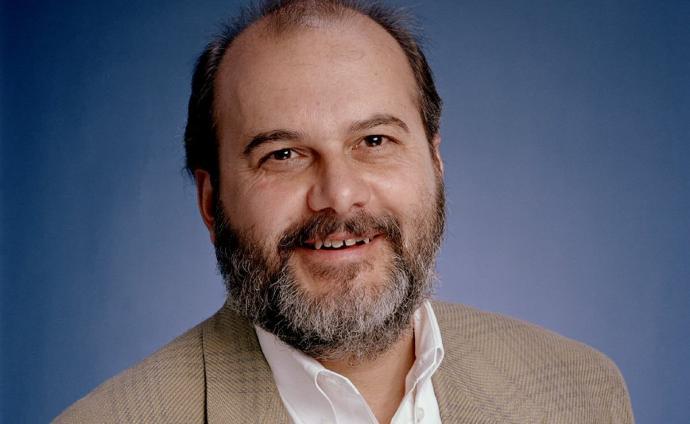
Branko Milanović
USA
Economist and visiting presidential professor at the City University of New York and visiting presidential professor at the Johns Hopkins University who has published numerous papers for the World Bank on the causes of inequality. One of Milanović's most significant books is "Global Inequality", published in 2016.
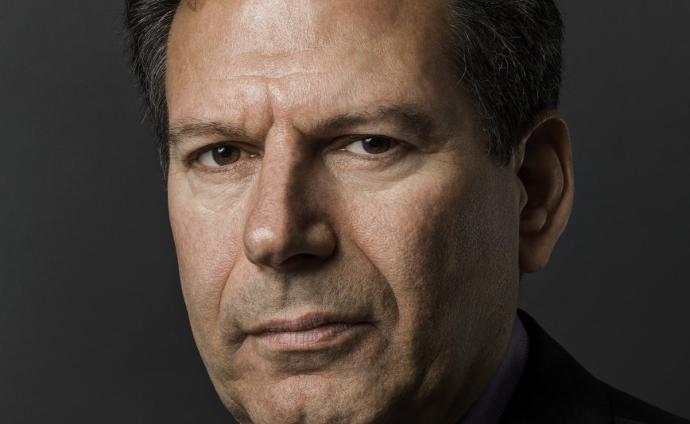
Robert Kaplan
USA
Senior fellow at the Center for a New American Security in Washington and editor at "The Atlantic" magazine. Kaplan is the author of numerous bestsellers ("The Revenge of Geography", "The Coming Anarchy") and former member of the Pentagon Defense Policy Board.

Nathan Gardels
USA
Co-founder of and senior advisor to the Berggruen Institute, editor-in-chief of "The WorldPost" and author of, inter alia, "Intelligent Governance" and "The Changing Global Order".
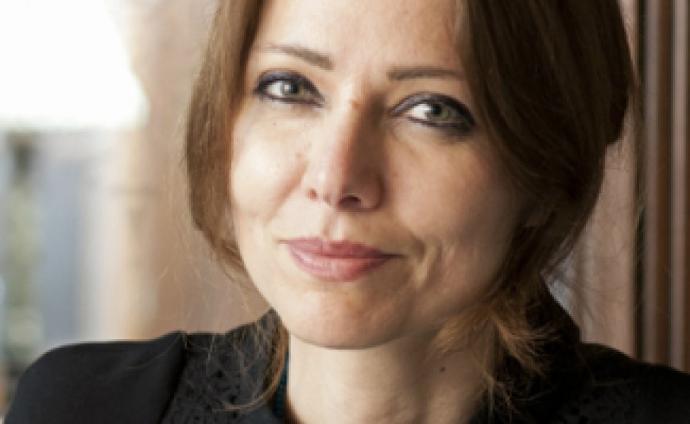
Elif Shafak
Turkey
International award-winning author and one of the most-read writers in Turkey. Shafak is also active in politics and is, inter alia, one of the founding members of the European Council on Foreign Relations.
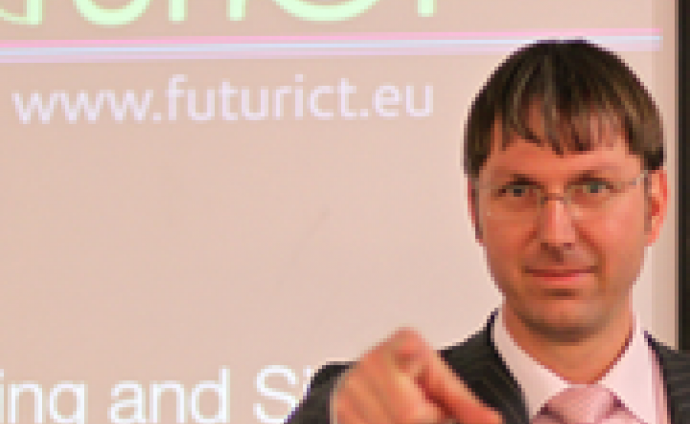
Dirk Helbing
Switzerland
Professor of Computational Social Science at ETH Zurich, who specialises in issues of decision-making in complex systems.
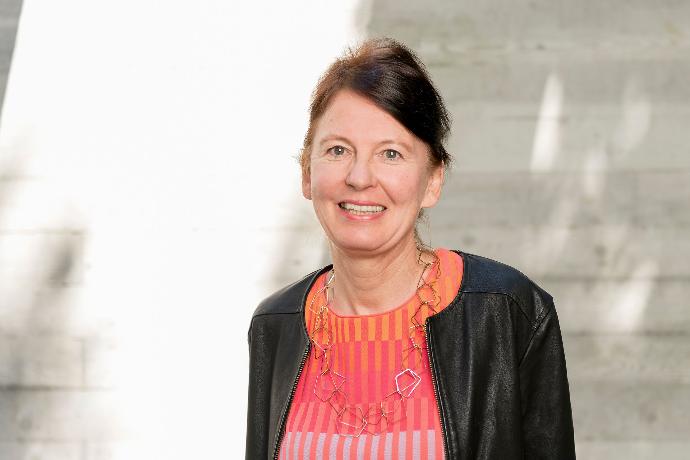
Karin Frick
Switzerland
Karin Frick is Head of Think Tank and a Member of the Executive Board at the Gottlieb Duttweiler Institute. As an economist, she researches trends and countertrends in business, society and consumption.
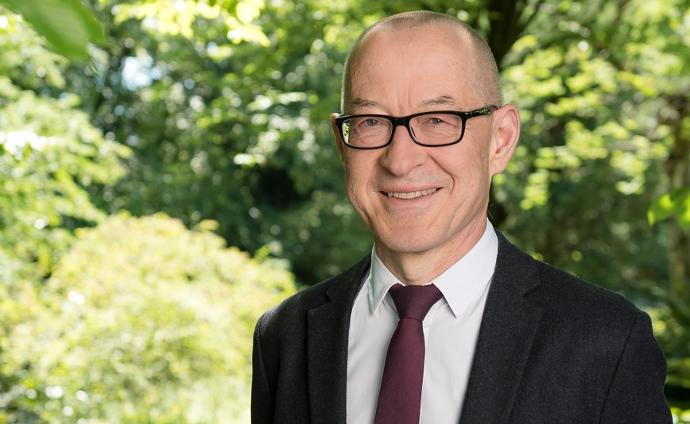
David Bosshart
Switzerland
Dr. David Bosshart was CEO of the GDI Gottlieb Duttweiler Institute for consumption, economic and social studies from 1999 to 2020. Since 2020 he has been President of the G. and A. Duttweiler Foundation.
Programme
16.00
Welcome address
Host: Haig Simonian
Co-Host: David Bosshart
Short lectures by the following speakers:
Moisés Naím
What is Happening to Power in the 21st Century? Continuity, Disruption and Surprises
- Power is easily gained, hard to maintain, and easily lost
- The role of micropowers
Branko Milanović
Measuring Global Inequality – What Are the Drivers, Who Are the Winners and Who Are the Losers
- What inequality means for countries in different levels of evolution
- What it means for middle classes in rich nations
- What can be done for the future
Robert D. Kaplan
The Coming Anarchy: an Update for Today’s Geopolitical Map
- Compared to the original findings of the article "The Coming Anarchy" in 1994, where do we go in 2017?
- Globalisation and geopolitics are not opposites: they each reinforce the other
- The nature of conflicts and the interaction of regions: Europe, Asia, China, Russia, the Middle East, and the US
- Avoid tragedy by thinking tragically
Nathan Gardels
Towards an Era of Post-Party Politics: Can We Create New Institutions That Embrace Participation Without Populism?
- Can we build trust in a political world where distrust among citizens is the new normal?
- Where parties are less and less important, and where immigration, inequality, and most likely unemployment is going up?
- And where social media is everywhere?
Elif Shafak
How Emotions Shape Politics: Anxiety, Worries and New Realities
Dirk Helbing
What is the Impact of Digitisation on Society’s Power Structures?
- Top-down governance vs. self-regulation
- Digital manifesto
- From power to empowerment
- From control to stimulus
- Complexity and networks ask for different approaches on understanding society
18.00
Networking break
Karin Frick
Short overview and key findings of the Thought Leaders Index 2017
Moderated panel discussion with all speakers
Questions from the audience
Closing
20.00
Networking dinner
Information
Date
16 January 2017
Further
Language
English
Changes to the programme
The programme is subject to change. If an event does not take place, fees will be refunded. Further claims are ruled out.
Cancellation
If you are unable to attend, please let us have your cancellation in writing. The fee will be reimbursed on cancellation until 18 December 2016. After this term and until five full working days prior to the event we will charge 75% of the fee. In the event of later cancellations we will charge the full participation fee. Substitute participants welcome.
Venue
Fees
Regular price: 280.-Price for startups: 190.- (Discount code on request: fop(at)gdi.ch)Participants registering less than two weeks before the event can pay by credit card only.
Documentation
TeilnehmerInnenliste
Documentation
Testimonials
Location
GDI Gottlieb Duttweiler Institute
8803 Rüschlikon
Switzerland

